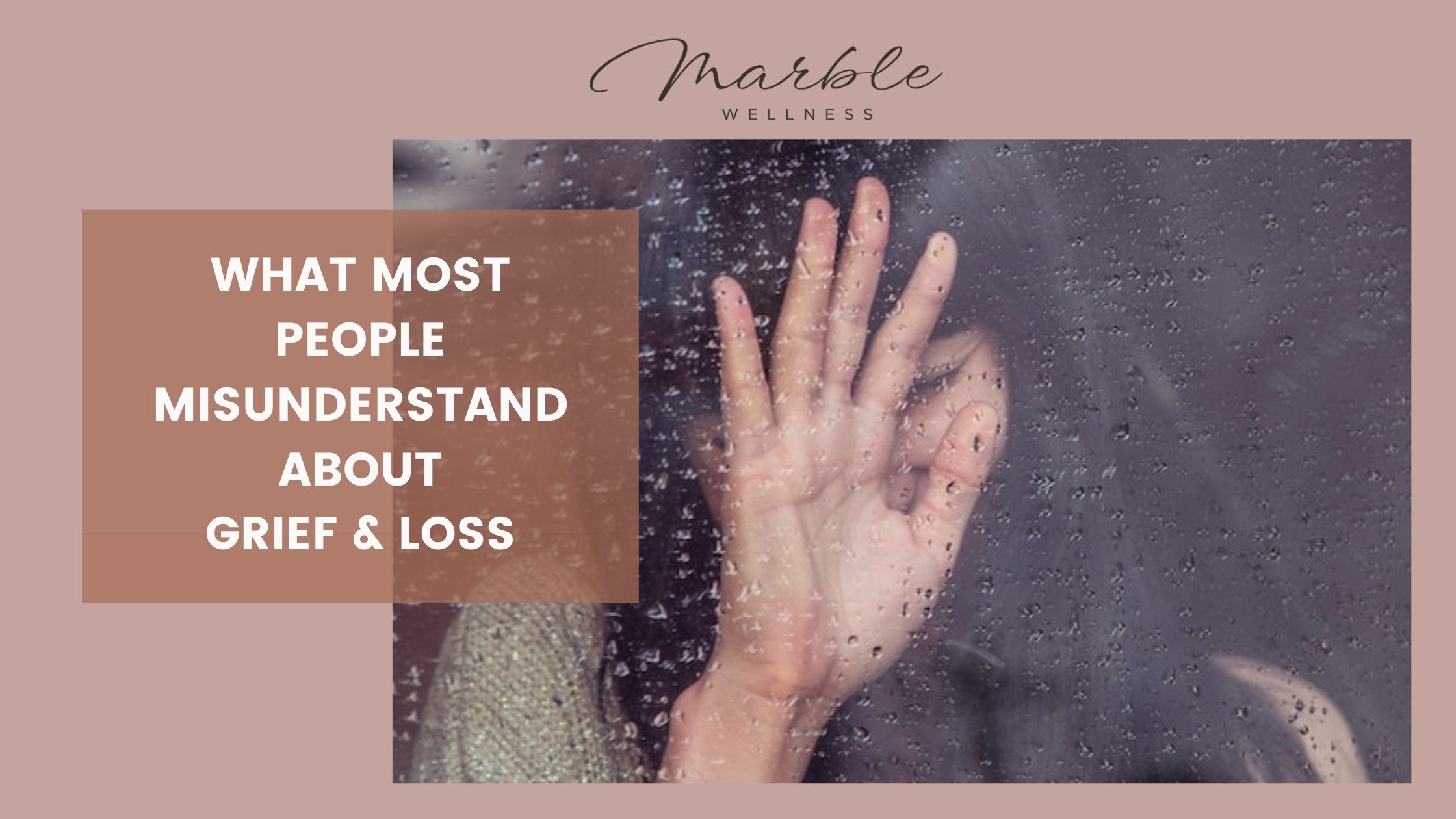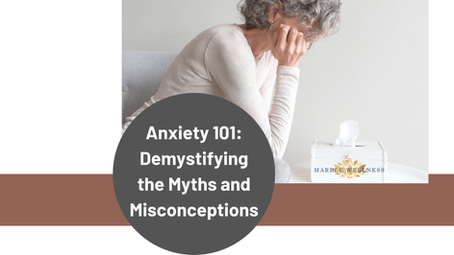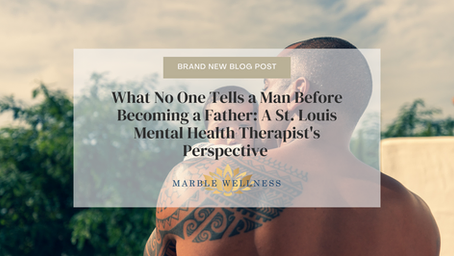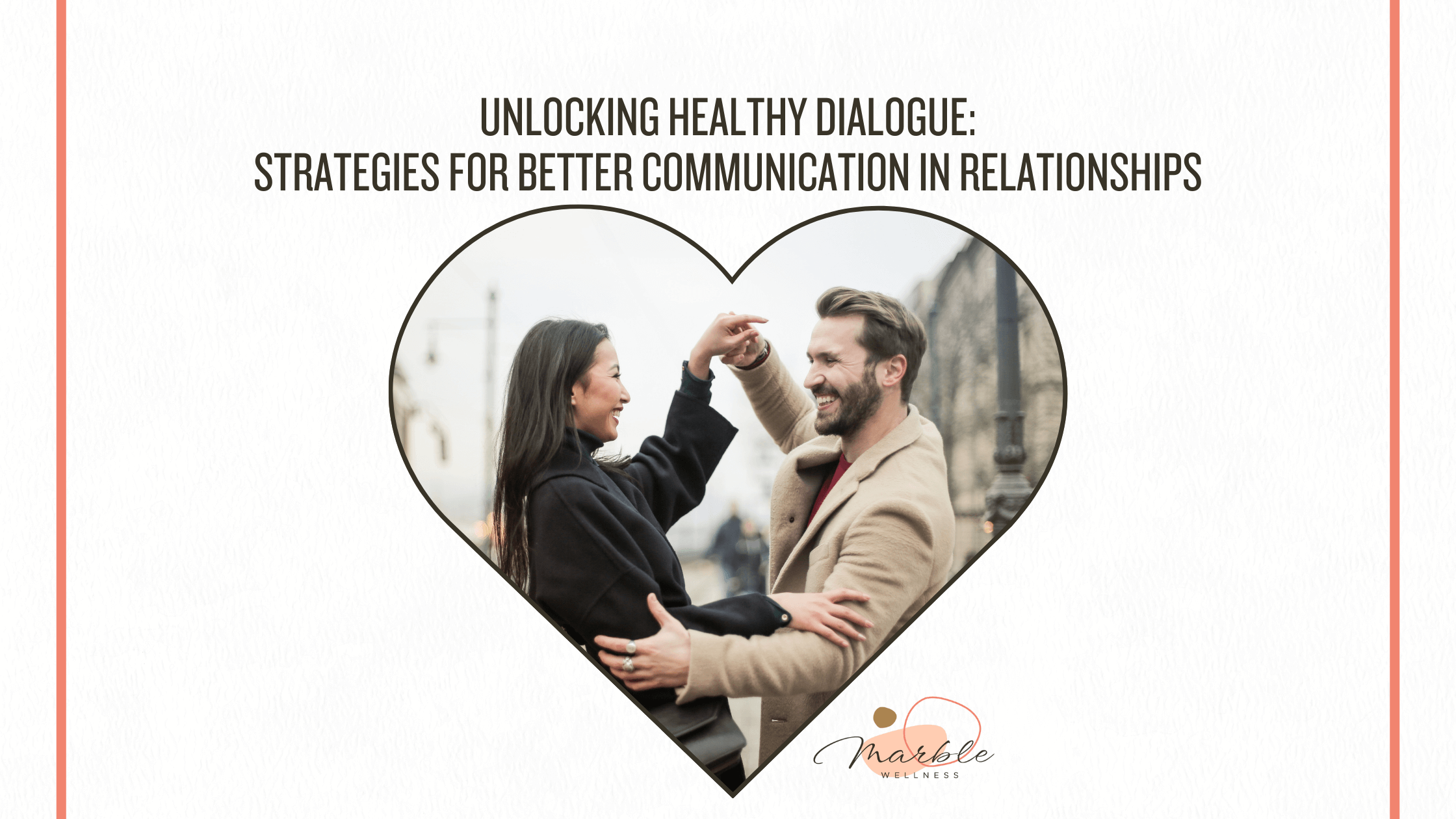
Grief is an intricate journey, a profound exploration of loss that often remains shrouded in misconceptions and challenges. As someone who witnesses the unique struggles of those grieving, it’s crucial to unravel these misunderstandings and highlight the difficulties that often go unnoticed. In this exploration, we’ll delve into the common misconceptions about grief and shed light on the challenges individuals grieving a loss frequently encounter.
Misunderstandings About Grief:
1. Grief Has a Timeline:
Misconception: Society often expects grief to follow a linear trajectory with a distinct endpoint.
Reality: Grief is profoundly personal, nonlinear, and devoid of a predetermined timeline. Each individual’s journey through grief is as unique as their relationship with the departed.
2. Grief Looks a Certain Way:
Misconception: There is an expectation that grief should manifest in specific emotions or behaviors.
Reality: Grief is an individual experience, and there’s no universal mold for its expression. Some may be visibly emotional, while others cope quietly, but both are valid responses to loss.
3. Time Heals All Wounds:
Misconception: The passage of time alone is sufficient for healing from grief.
Reality: Time is a facilitator, not a cure. Active engagement with grief, understanding, and support are essential components of the healing process.
4. Grieving Should Be Kept Private:
Misconception: Society often suggests that grieving is a private matter, best dealt with alone.
Reality: Grief thrives on connection. Sharing the journey with loved ones or through support groups helps in processing emotions and fostering healing.

Challenges Faced by Those Grieving:
1. Unsolicited Advice:
Challenge: Friends and family may offer well-intended but unsolicited advice on how to “move on” or “get over it.”
Understanding: Grieving individuals need empathy and understanding, not instructions. Allow them the space to grieve in their own way.
2. Insensitive Comments:
Challenge: Comments like “at least they’re in a better place” or “everything happens for a reason” can be dismissive.
Understanding: While well-intentioned, such comments may invalidate the complexity of grief. Expressing empathy without resorting to platitudes is more beneficial.
3. Expectations to “Be Strong”:
Challenge: There’s often societal pressure to appear strong, leading individuals to hide their emotions.
Understanding: True strength in grief lies in vulnerability and the courage to express one’s emotions. Encouraging authenticity fosters a healthier grieving process.
4. Judgment for Grieving “Too Long”:
Challenge:** Grieving individuals may face judgment or impatience if their grief extends beyond societal expectations.
Understanding: Grief has no timeline, and everyone processes loss differently. Judging the duration undermines the uniqueness of each person’s experience.
5. Assumptions About Moving On:
Challenge: People may assume that after a certain period, the grieving individual has “moved on” or is no longer affected.
Understanding: Grief evolves; it doesn’t have a fixed endpoint. Certain events or anniversaries may trigger fresh waves of emotion. Continued support is vital.
6. Isolation Due to Uncomfortable Reactions:
Challenge: Friends and family may distance themselves due to discomfort or uncertainty about how to support the grieving person.
Understanding:** Grieving individuals need ongoing support. Simple actions like checking in, listening, or sharing memories can be incredibly meaningful.
7. Minimizing Loss Comparisons:
Challenge: Well-intentioned individuals may compare losses, assuming a shared understanding.
Understanding:** Each loss is unique, and comparing diminishes the individuality of grief. Expressing empathy without drawing parallels is more respectful.
8. Assumption of Closure After a Funeral:
Challenge: There’s often an assumption that grief ends after the funeral or memorial service.
Understanding:** Grieving extends beyond ceremonies. Continued support is crucial as individuals navigate the ongoing impact of loss in their daily lives.

Conclusion: Supporting Through Understanding
Understanding grief necessitates a departure from misconceptions and a recognition of its diverse and evolving nature. Compassion, empathy, and sustained support become pivotal in fostering an environment where grieving individuals can navigate their unique journey. By shedding light on these common misunderstandings and challenges, we aim to contribute to a culture of empathy, genuine connection, and sincere understanding for those traversing the intricate landscape of grief. Remember, it’s the collective responsibility of society to provide the solace and support that grieving individuals truly need.
Start Therapy for Mental Health in St. Louis
If you live in St. Louis and are ready to improve your mental health, we are here to help.
Contact Us!
Additional Counseling Services at Marble Wellness in St. Louis, MO and Chicago, IL
Counseling services designed to help set you on a path of living a more complete, calm, and happy life.
St. Louis
Our St. Louis team of therapists have a variety of training backgrounds and areas of expertise. We specialize in anxiety, depression, grief, chronic illness, therapy for men, couples, and maternal overwhelm. Our practice also helps new moms with various postpartum concerns, moms in the thick of parenting, and moms with teens. We can also chat from wherever you are in the state with online therapy in Missouri and online therapy in Illinois. No matter where you are in your journey, we would love to support you.
Chicago
Our Chicago team of therapists offer a wide range of mental health services to help our clients through the different challenges and hurdles in their life. In addition to anxiety, depression, grief, therapy for men, and maternal overwhelm, we are specialized in professional burnout, therapy for breakups, and love partnering with working moms.




